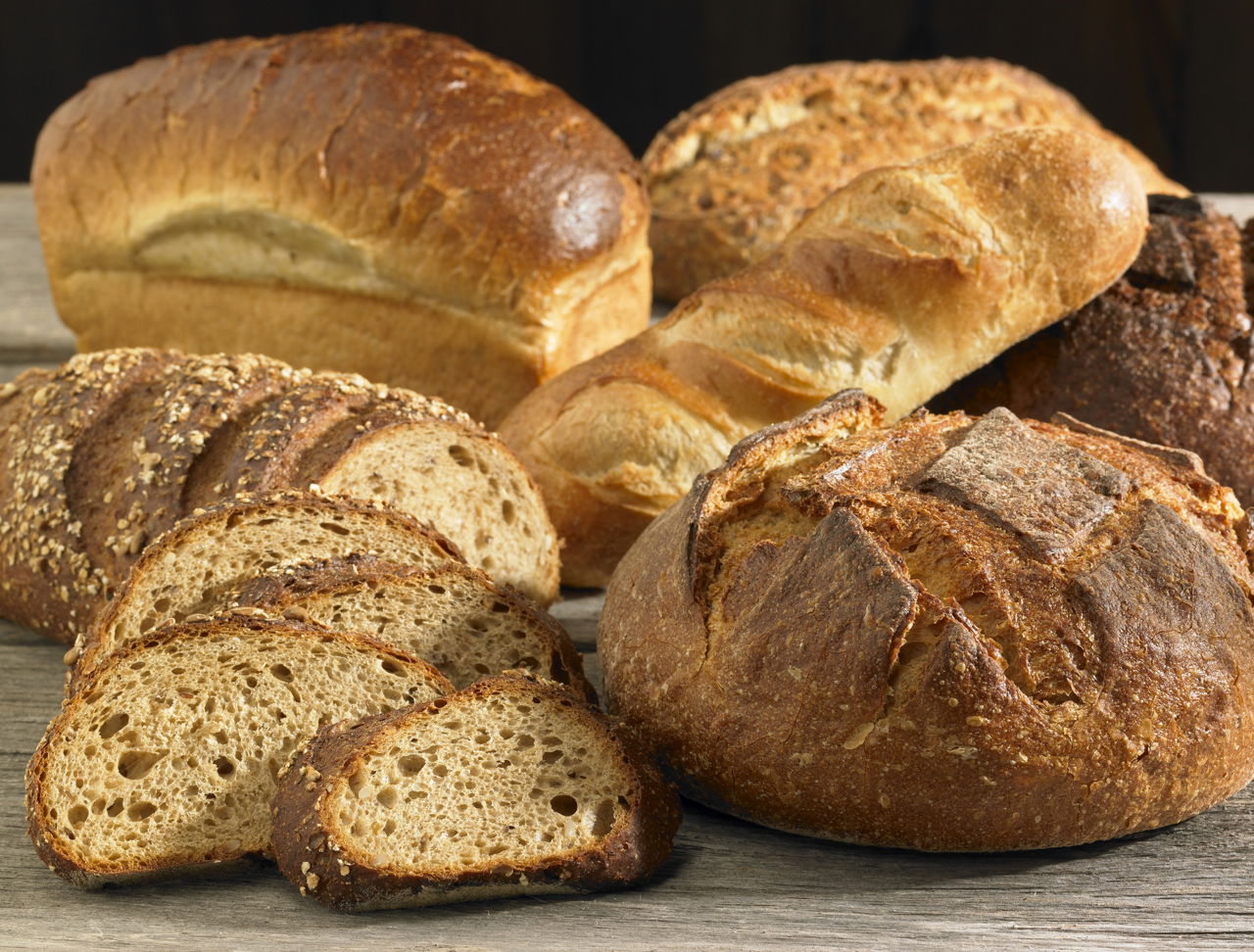
Following a gluten-free diet helps people diagnosed with celiac disease to keep a check on the signs and symptoms and prevent any untoward complications. Here are the foods to be avoided in case of gluten allergy.
Celiac disease is an autoimmune disease affecting the small bowel. This condition occurs as a result of a reaction to gliadin, which is a gluten protein most commonly found in wheat, rye, barley, and oats. When the body is exposed to gluten, the enzyme in the tissue known as transglutaminase changes the protein, which causes a reaction in the bowel area and results in inflammation. The body, in its response, generates antibodies to fight gluten, which results in the antibodies attacking the villi of the small intestines. People suffering from gluten allergy show symptoms, like diarrhea, bloating, abdominal pain, etc. In some cases, people can also suffer from joint pain, depression, skin disorders, muscle cramps, mouth sores, etc. Hence, the affected person should know which are the foods to avoid in case of such an allergy.
Foods with Gluten
When you switch to a gluten-free diet, foods to avoid are many, yet there are a number of foods, which can still be consumed. When you visit the supermarket, you will have to check the packaging of the food product to know whether the food is gluten-free or not and whether it can be included in your diet. You will have to make a lifestyle change so that you are able to incorporate the changes in your diet. The foods that contain gluten are given in the table below. It is important to note that this is not a conclusive list. Therefore, talking to your healthcare professional will prove beneficial.
| All-purpose Flour | Bagels | Barley | Barley Grass |
| Beer | Beverage Mixes | Binders | Biscuits |
| Blue Cheese | Bologna | Bouillon | Bran |
| Bread | Bread Crumbs | Bread Pudding | Breaded Fish |
| Breaded Meats | Breaded Poultry | Brewer’s Yeast | Bulgur Wheat |
| Cake | Candies | Canned Baked Beans | Cereal |
| Cereal Binding | Chicken Nuggets | Chilton | Cold Cuts |
| Commercially Prepared Broth | Commercially Prepared Chocolate Milk | Commercially Prepared Soup | Cookies |
| Couscous | Crackers | Croissants | Croutons |
| Custard | Donuts | Dumplings | Durum Flour |
| Edible Starch | Emulsifiers | Farina | Flavorings |
| Flour Tortillas | Fried Vegetables | Fruit Fillings | Gravy |
| Gum | Hamburger Buns | Hotdogs | Hotdog Buns |
| Hydrolyzed Plant and Vegetable Protein | Ice Cream | Ice Cream Cones | Kasha |
| Macaroni | Malt | Malt Flavoring | Malt Vinegar |
| Matzo | Modified Food Starch | Monosodium Glutamate (MSG) | Muffins |
| Non-dairy Creamer | Noodles | Packaged Cereals (even corn cereals) | Pancakes |
| Pasta | Pastries | Pie Crusts | Pizza Crust |
| Potato Chips | Pretzels | Pudding | Rolls |
| Root Beer | Rye | Salad Dressing | Semolina |
| Some Spice Mixtures | Self-basting Turkey | Soy Sauce | Spaghetti |
| Spelt | Stabilisers | Stuffed Foods | Suet |
| Syrups | Tabbouleh | Teriyaki Sauce | Textured Vegetable Protein (TVP) |
| Toasts | Vegetables with Commercially Prepared Sauces | Waffles | Wheat |
| Wheat Flour | Wheat Grass | Wheat Protein | Alcohol (made from gluten-based grains) |
| Groats | Kamut | Laxatives | Mayonnaise |
| Marshmallows | Rice syrup | White pepper | Sausage |
There are certain foods which are available with gluten as well as without it, like candies. Hence, you will have to read the label carefully before you buy anything. As is the case with food allergies, it is also important to know the foods, which can be consumed. Some foods may not trigger an allergy immediately; hence, it is better to talk to your doctor so that you do not suffer from any health complications.
Disclaimer: This article is for informative purposes only and should not be substituted for the advice of a medical professional.


